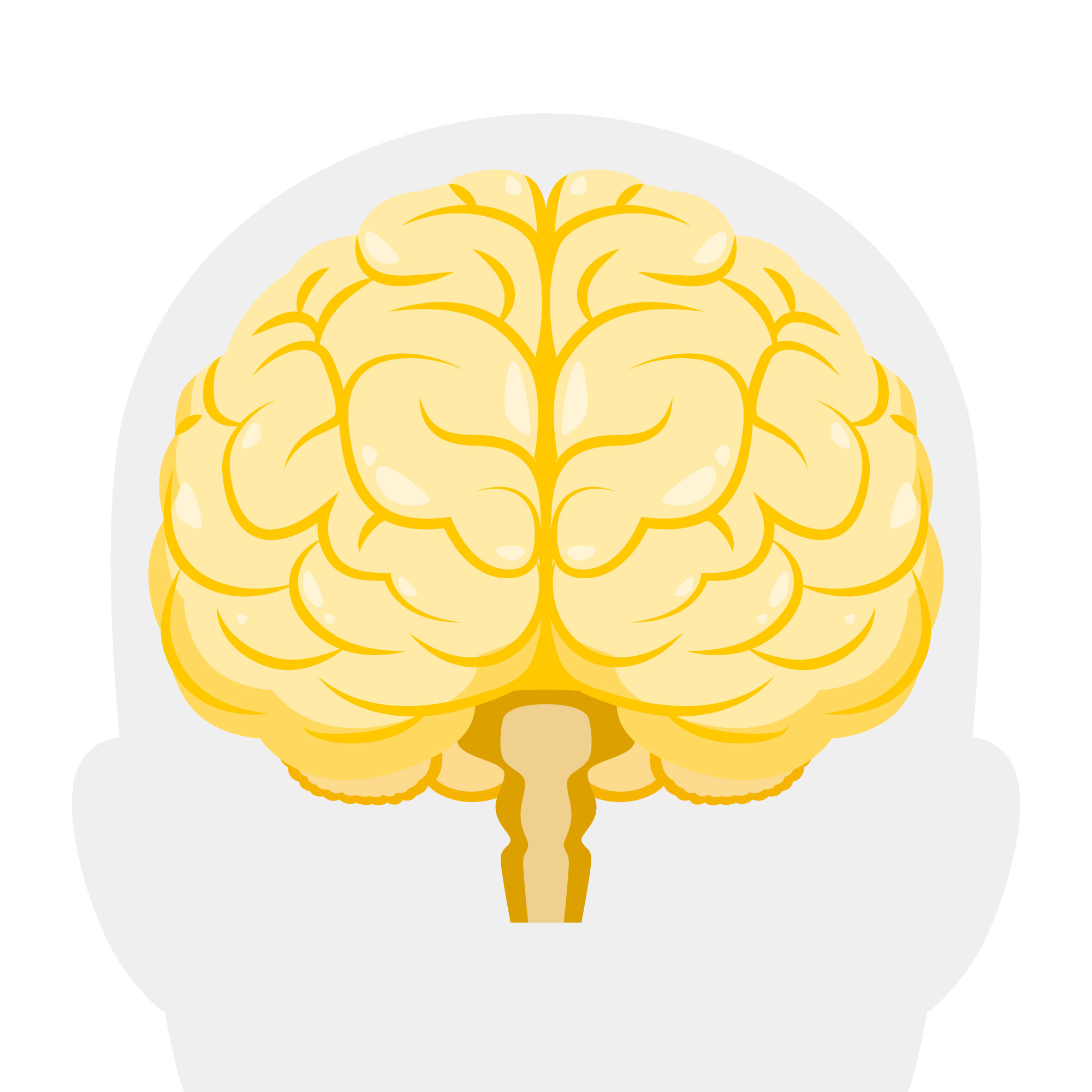

The University of Cambridge researchers used sophisticated new brain imaging tools to uncover a neurochemical imbalance inside frontal lobe regions in patients with obsessive-compulsive disorder (OCD). The findings of the study were published in the journal Nature Communications.
The study found that the equilibrium of glutamate and GABA, two main neurotransmitter chemicals, is “disrupted” in two frontal regions of the brain in OCD patients.
Researchers also discovered that those who do not have OCD but are prone to habitual and compulsive behavior have higher levels of glutamate in one of these brain regions.
The findings, according to the study’s neuroscientists, will open up new pathways for treating OCD, a psychiatric illness that affects up to 3% of Western populations and can be very disabling.
The researchers used magnetic resonance spectroscopy to detect glutamate and GABA levels in the cerebral cortex, the outermost and most developed area of the human brain.
Glutamate is a “excitatory” neurochemical, meaning it promotes electrical impulses that fire neurons, allowing information to be transmitted throughout brain networks. GABA is a “inhibitory” neurotransmitter that works in opposition to glutamate to create equilibrium by reducing neuronal activity.
In the anterior cingulate cortex, OCD patients showed higher glutamate levels and lower GABA levels than non-OCD patients.
Furthermore, higher glutamate levels in the supplementary motor area were linked to the severity of OCD symptoms as well as the proclivity for habitual and compulsive behavior. This was discovered in both OCD sufferers and healthy subjects with milder obsessive behaviors.
Both the anterior cingulate cortex and the supplementary motor area are crucial in determining the balance between our conscious aims and more automatic routines. Scientists believe that “compulsions arise from a dysregulated brain system for controlling habits” based on their findings.
“Understanding obsessive-compulsive disorder is a central question for psychiatry. We have now shown definitive changes in these key neurotransmitters in OCD sufferers,” said senior author Prof Trevor Robbins from Cambridge’s Department of Psychology. “Excess glutamate and reduced GABA is disrupting the neural circuitry in key regions of the OCD brain.”
“Our findings are a major piece of the puzzle for understanding the mechanisms behind OCD. The results suggest new strategies for medication in OCD based on available drugs that regulate glutamate. In particular, drugs that inhibit presynaptic glutamate receptors,” said Robbins. A presynaptic receptor is the part of a nerve cell that controls neurochemical imbalances.
Severe OCD is a mental health disorder that causes untold misery for some sufferers. It can lead to loss of work and relationships, and social isolation. “Symptoms of intrusive thoughts and repetitive rituals can confine patients to their homes for months on end,” said Robbins. In extreme cases, the lack of control and sense of hopelessness caused by OCD can result in thoughts of suicide .
Current OCD treatments are limited. While some antidepressants can help those with milder symptoms, those with severe symptoms have few—often extreme—options, such as deep-brain stimulation and even operation to remove the anterior cingulate cortex totally.
“Some treatments already target glutamate imbalance in a roundabout way,” said Dr. Marjan Biria, study lead author, who conducted the work in Robbins’ Cambridge lab. “Now we have the evidence for why certain approaches seem to have some beneficial effects.”
The Wolfson Brain Imaging Center in Cambridge is home to one of the UK’s only seven 7-Tesla Magnetic Resonance Spectroscopy (MRS) machines. Researchers scanned 31 clinically diagnosed OCD patients and 30 healthy volunteers as a control group for the latest study.
“Standard MRS scanners can be quite crude, not picking up the glutamate signal very accurately. The 7-Tesla machine allows us to separate the overlapping signals and measure glutamate and GABA more precisely,” said Biria.
In addition to the scans, the researchers administered tests and questionnaires to all subjects in order to assess obsessive-compulsive and habitual tendencies. A computer-based activity was employed in the test to establish a relationship between an action and a reward. The scientists then disconnected this link and saw whether subjects responded as a matter of habit.
“We tested whether people were more prone to repeating the same responses, like a habit, or adapting their behavior to better pursue goals,” said Robbins. “Compulsions and habits are not the same, but impaired regulation of habits can be the basis of compulsions and shift people away from their goal-directed behavior.”
“In the supplementary motor area, which is a likely controller of the habit system, even the more mildly repetitive behavior of healthy volunteers was related to the glutamate-GABA ratio.”
Only clinical OCD patients have excess glutamate and decreased GABA in their anterior cingulate cortex.
According to the researchers, elevated glutamate levels could be a “biomarker” for OCD. This could help lead novel therapies, such as medicine, but also non-invasive magnetic stimulation through the scalp, which is showing some potential for treating OCD.
more recommended stories
 Iron Deficiency vs Iron Overload in Parkinson’s Disease
Iron Deficiency vs Iron Overload in Parkinson’s DiseaseKey Takeaways (Quick Summary for HCPs).
 Can Ketogenic Diets Help PCOS? Meta-Analysis Insights
Can Ketogenic Diets Help PCOS? Meta-Analysis InsightsKey Takeaways (Quick Summary) A Clinical.
 Silica Nanomatrix Boosts Dendritic Cell Cancer Therapy
Silica Nanomatrix Boosts Dendritic Cell Cancer TherapyKey Points Summary Researchers developed a.
 Vagus Nerve and Cardiac Aging: New Heart Study
Vagus Nerve and Cardiac Aging: New Heart StudyKey Takeaways for Healthcare Professionals Preserving.
 Cognitive Distraction From Conversation While Driving
Cognitive Distraction From Conversation While DrivingKey Takeaways (Quick Summary) Talking, not.
 Fat-Regulating Enzyme Offers New Target for Obesity
Fat-Regulating Enzyme Offers New Target for ObesityKey Highlights (Quick Summary) Researchers identified.
 Spatial Computing Explains How Brain Organizes Cognition
Spatial Computing Explains How Brain Organizes CognitionKey Takeaways (Quick Summary) MIT researchers.
 Gestational Diabetes Risk Identified by Blood Metabolites
Gestational Diabetes Risk Identified by Blood MetabolitesKey Takeaways (Quick Summary for Clinicians).
 Phage Therapy Study Reveals RNA-Based Infection Control
Phage Therapy Study Reveals RNA-Based Infection ControlKey Takeaways (Quick Summary) Researchers uncovered.
 Pelvic Floor Disorders: Treatable Yet Often Ignored
Pelvic Floor Disorders: Treatable Yet Often IgnoredKey Takeaways (Quick Summary) Pelvic floor.

Leave a Comment